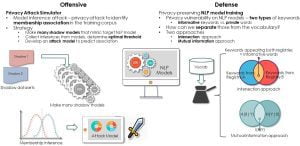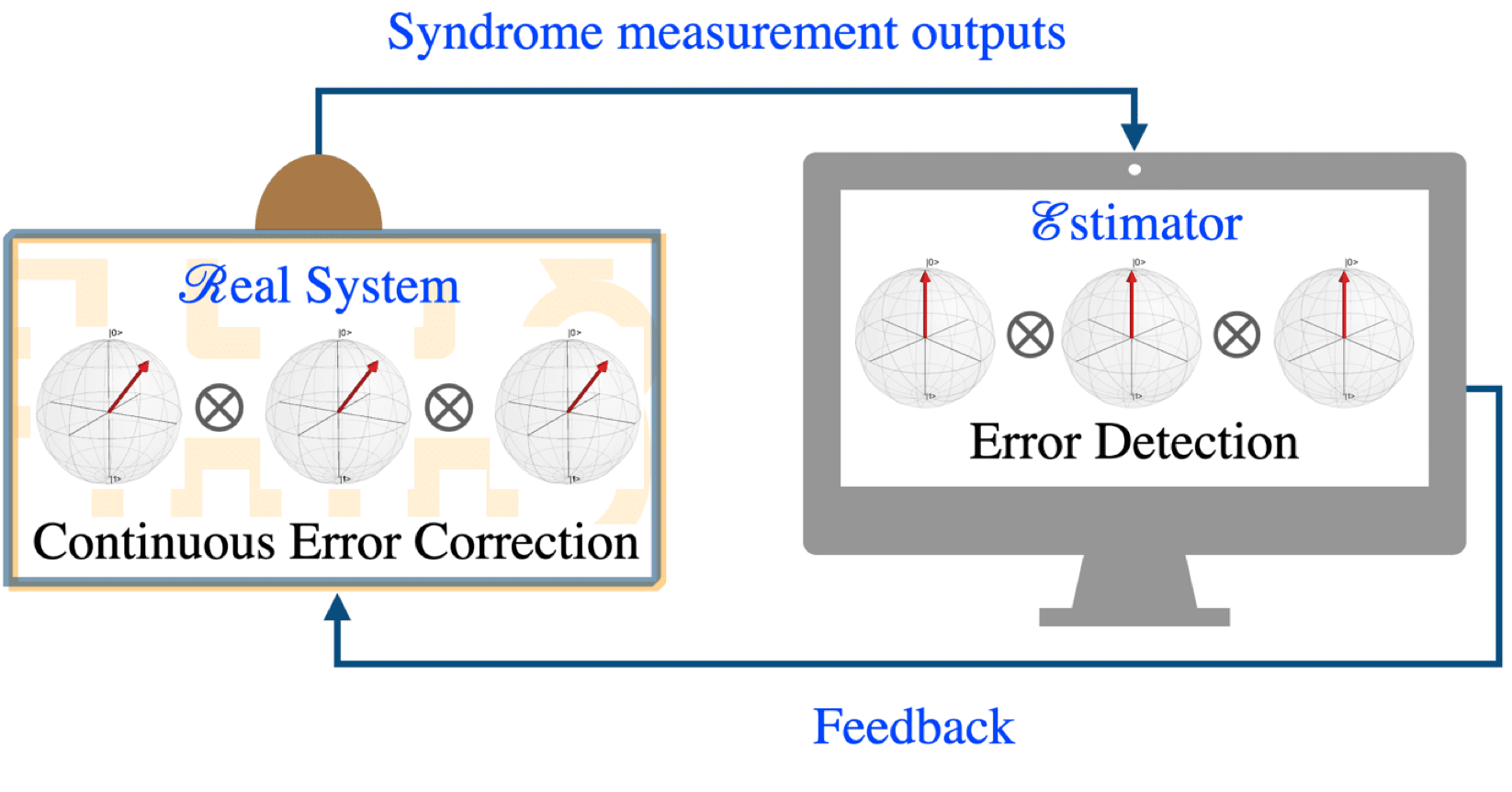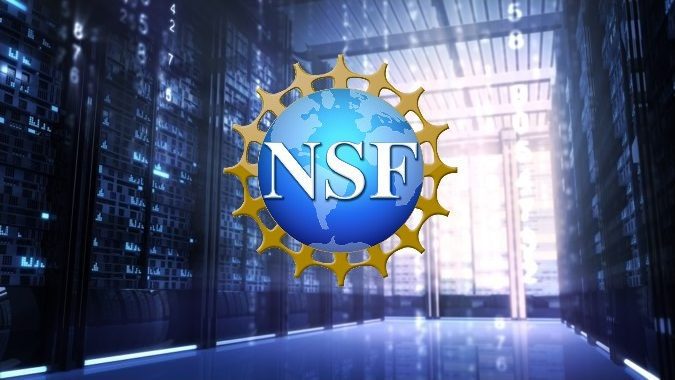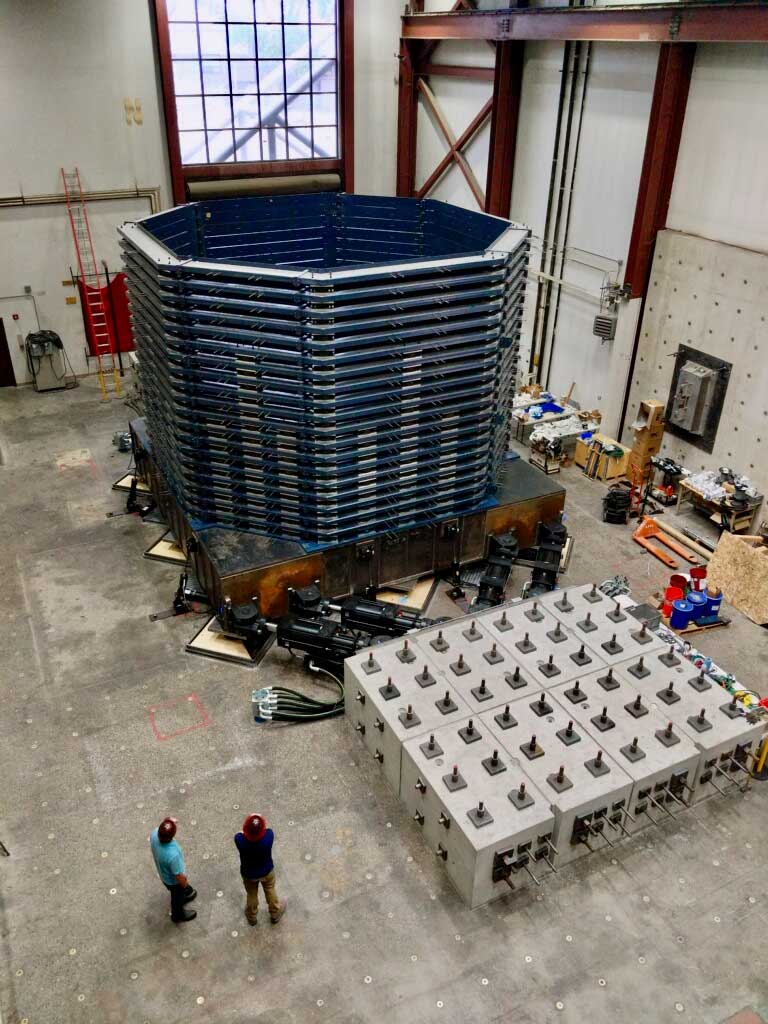
A team at Los Alamos National Laboratory has developed a novel approach for comparing neural networks that looks within the “black box” of artificial intelligence to help researchers understand neural network behavior. Neural networks recognize patterns in datasets; they are used everywhere in society, in applications such as virtual assistants, facial recognition systems and self-driving […]

The use of artificial intelligence/machine learning (AI/ML) methods to analyze health information brings great promise for learning about disease but also great risk to patient privacy. New natural language processing deep learning model training methods developed by an Exascale Computing Project–funded team will help secure private textual information used for health care, homeland security, biomedical […]

Quantum computers hold enormous promise in our big data world. If researchers can harness their potential, these devices could perform massively complex computations at lightning speed. Source: Alla Katsnelson, Okinawa Institute of Science and Technology The post Researchers Propose New Quantum Error Correction Technique appeared first on HPCwire.

Visualization and analysis on any high-performance computing system faces a last-mile problem in which the potential of the resource can only be realized when people have the tools to examine and interpret the data created on them. The data and visualization portfolio in the US Department of Energy’s Exascale Computing Project (ECP) recognizes that storage […]

Innovative projects led by scientists in NATO and partner countries are breaking new ground to harness the power of quantum to make communications impossible to intercept and hack. The application of these quantum technologies in the security and defense sectors could help to future-proof the transmission of information, protecting it from increasingly advanced hacking systems […]

The need for speed is a hot topic among participants at this week’s AI Hardware Summit – larger AI language models, faster chips and more bandwidth for AI machines to make accurate predictions. The post Analog Chips Find a New Lease of Life in Artificial Intelligence appeared first on HPCwire.

The potential for future pandemics is an ever-present and growing threat, whether they are due to known diseases like monkeypox or Ebola, or an as-yet-unknown infection. Nearly $26 million in new awards from the U.S. National Science Foundation (NSF) will support interdisciplinary investigations and collaborations that aim to predict and prevent the next infectious disease […]

Using a new type of machine learning method called next generation reservoir computing, researchers at The Ohio State University have recently found a new way to predict the behavior of spatiotemporal chaotic systems – such as changes in Earth’s weather – that are particularly complex for scientists to forecast. Source: Tatyana Woodall, Ohio State University […]

Two DOE-funded projects — and a bunch of top supercomputers — are converging to improve our understanding of earthquakes and enable the construction of more earthquake-resilient buildings and infrastructure. The first, more grounded project: the Large-Scale Laminar Soil Box System, via which enormous amounts of soil can be shaken by a hydraulic platform to simulate […]

— The U.S. Department of Energy (DOE) and DOE’s National Nuclear Security Administration (NNSA) today announced the achievement of fusion ignition at Lawrence Livermore National Laboratory (LLNL)—a major scientific breakthrough decades in the making that will pave the way for advancements in national defense and the future of clean power. The post DOE National Laboratory […]










